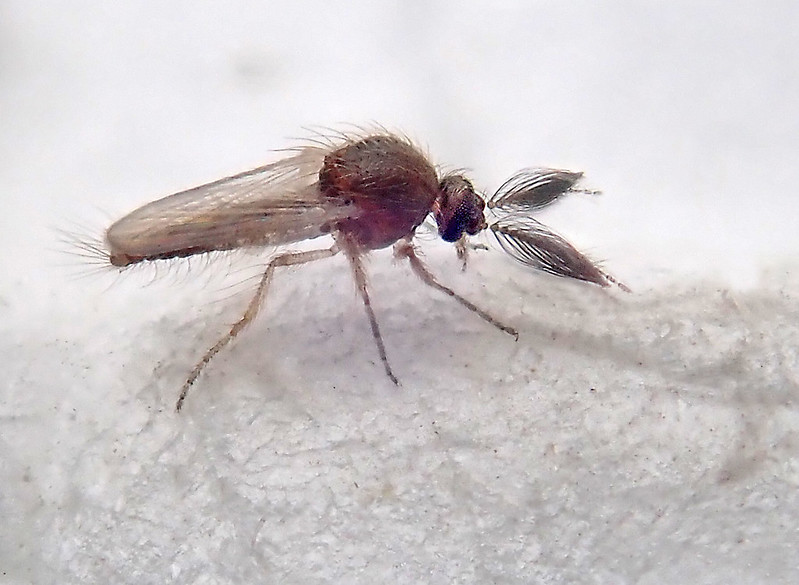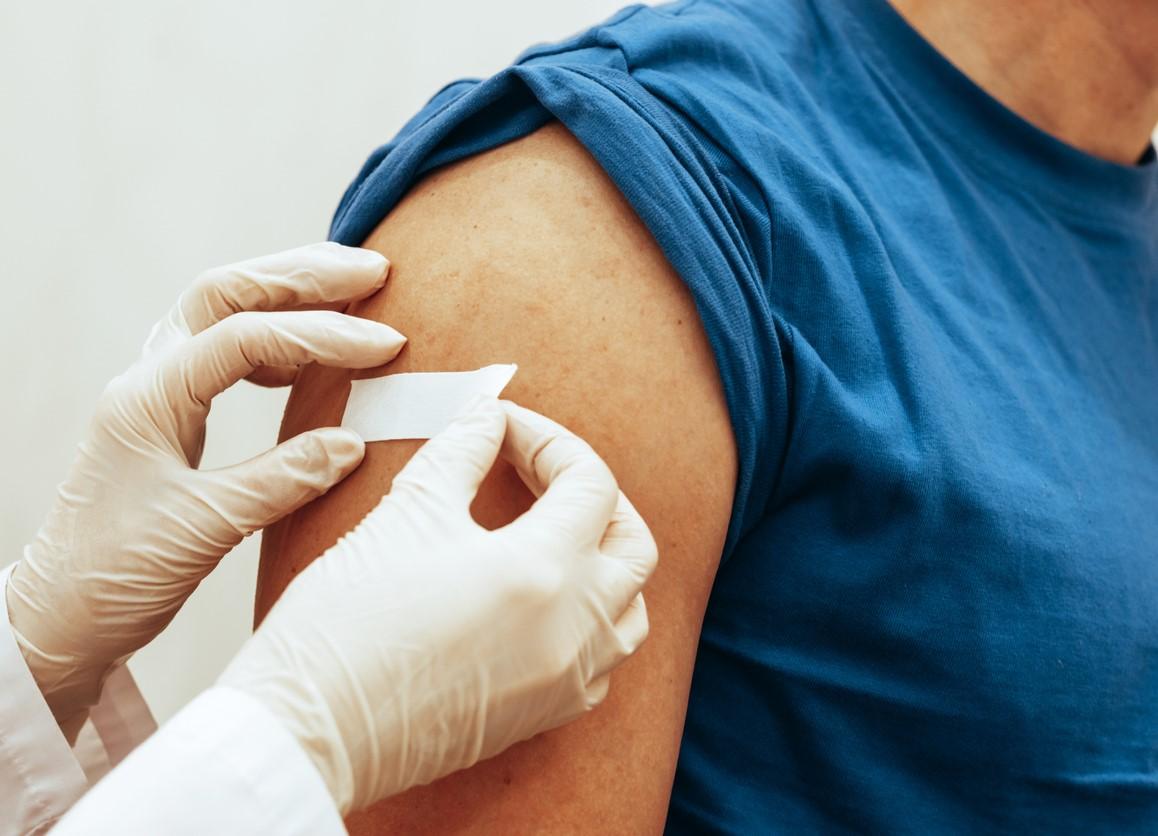The Centers for Disease Control and Prevention (CDC) and state partners from Florida and New York yesterday reported their clinical findings on 21 imported Oropouche virus cases reported this summer. The team's early online report appears in Morbidity and Mortality Weekly Report (MMWR).

The disease, spread by biting midges and perhaps some mosquito species, has been spreading beyond endemic areas of South America since the end of 2023, fueling outbreaks and reports of severe fetal outcomes following infection during pregnancy. Earlier this month, the CDC issued Oropouche virus alerts for clinicians and travelers.
Of the 21 cases confirmed in the United States, 20 were in Florida and 1 in New York state. All of the patients had traveled to Cuba. Three people were hospitalized, but no deaths were reported. Similar imported cases have been reported in European travelers.
Cases continue to rise in Florida, which has now reported 30 imported Oropouche cases, according to the latest vectorborne illness report from the Florida Department of Health.
Relapsing symptoms a unique Oropouche feature
Most patients had a self-limiting febrile illness with headache and muscle aches, a clinical picture that is similar to other arboviral disease, including dengue, Zika, and chikungunya. Some Oropouche patients reported gastrointestinal symptoms.
At least three patients, however, sought care when they had relapsing symptoms, which the authors said is a unique feature of Oropouche virus infection.
The CDC said the risk for sustained local transmission is low, and it urged people who have been in Oropouche-affected areas, including those experiencing symptoms, to take steps to avoid insect bites for 3 weeks after returning home.
Studies are under way to see of US biting midge and mosquito species are capable of carrying the virus, and the CDC said it working with the Pan American Health Organization and other partners to learn more about infection risks during pregnancy.












